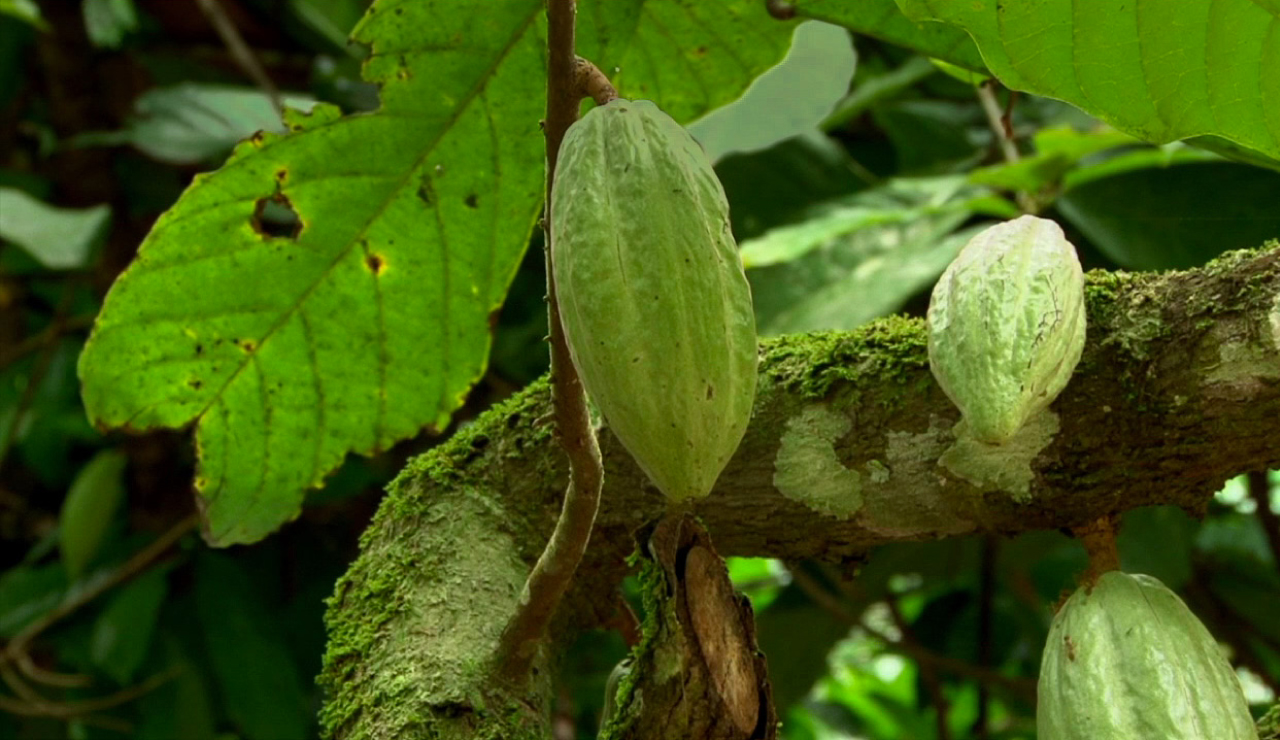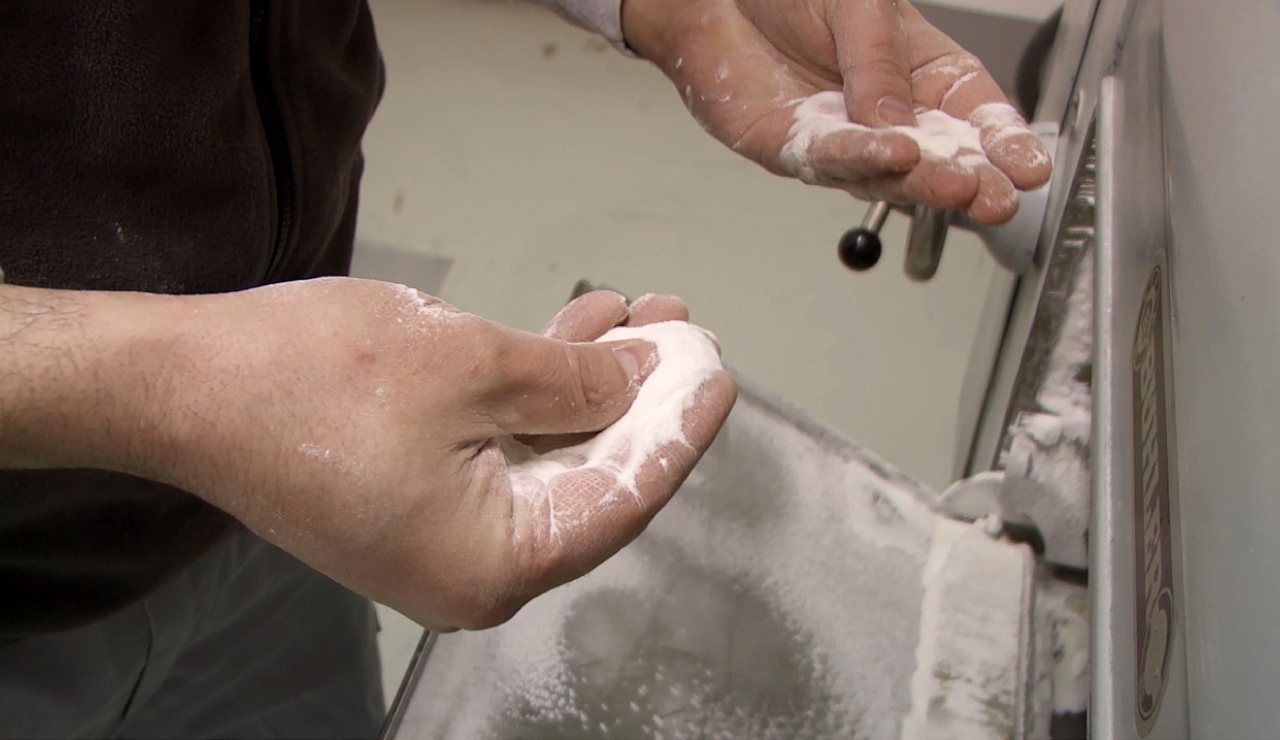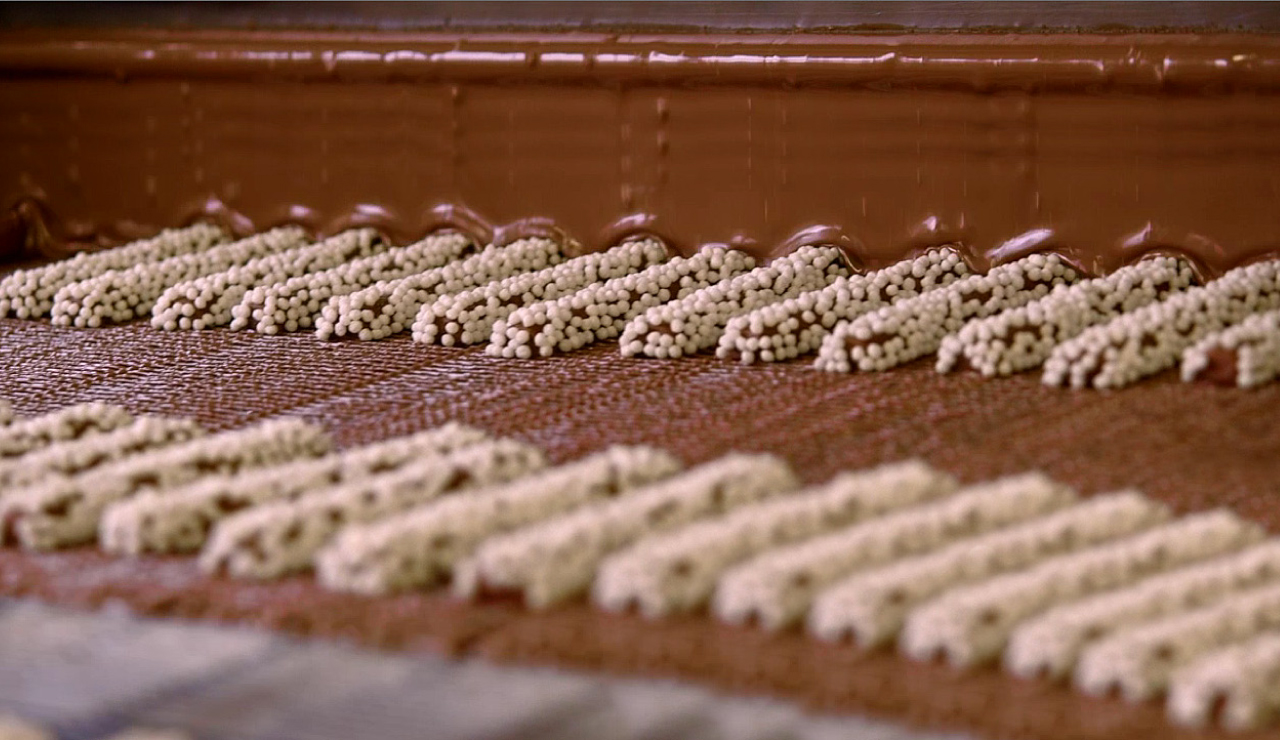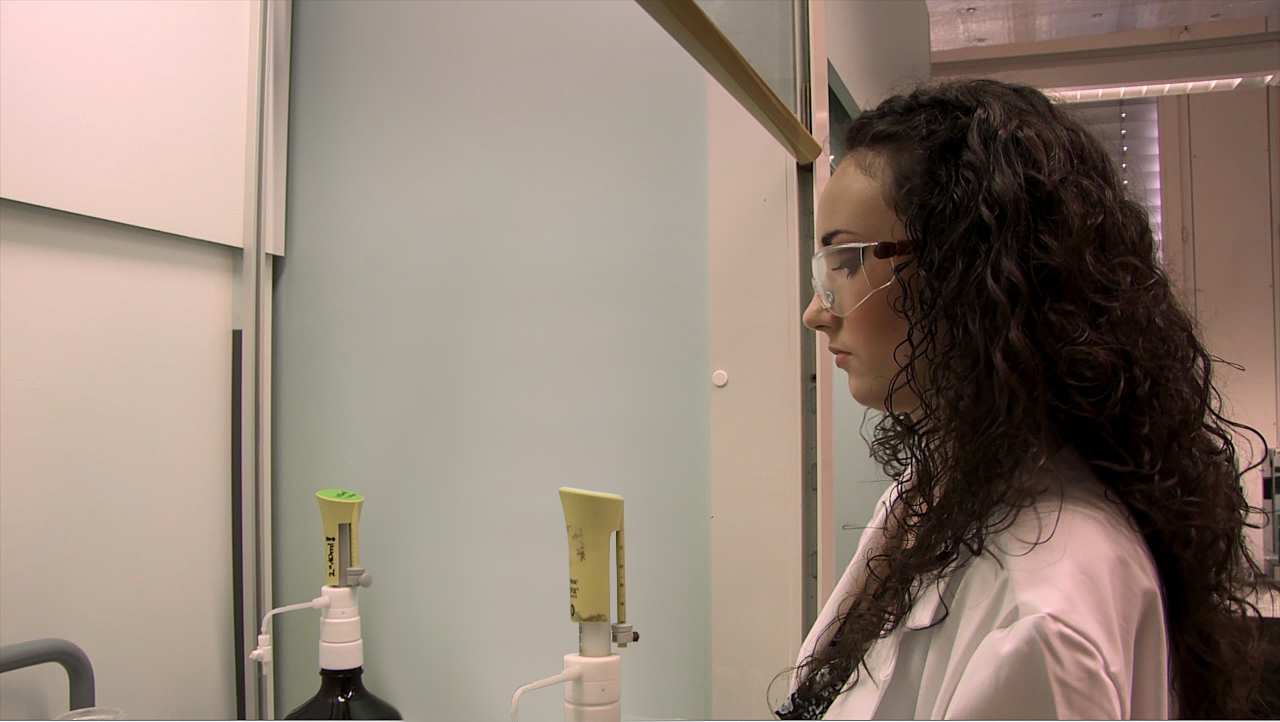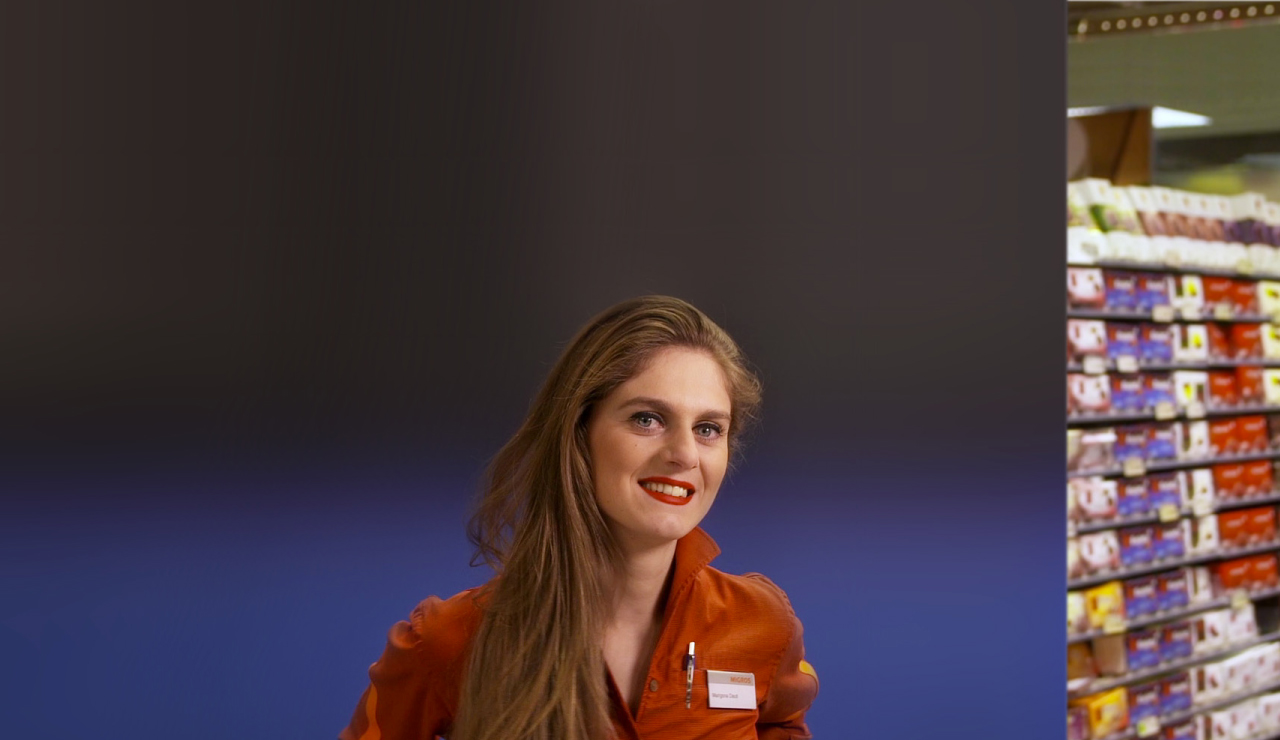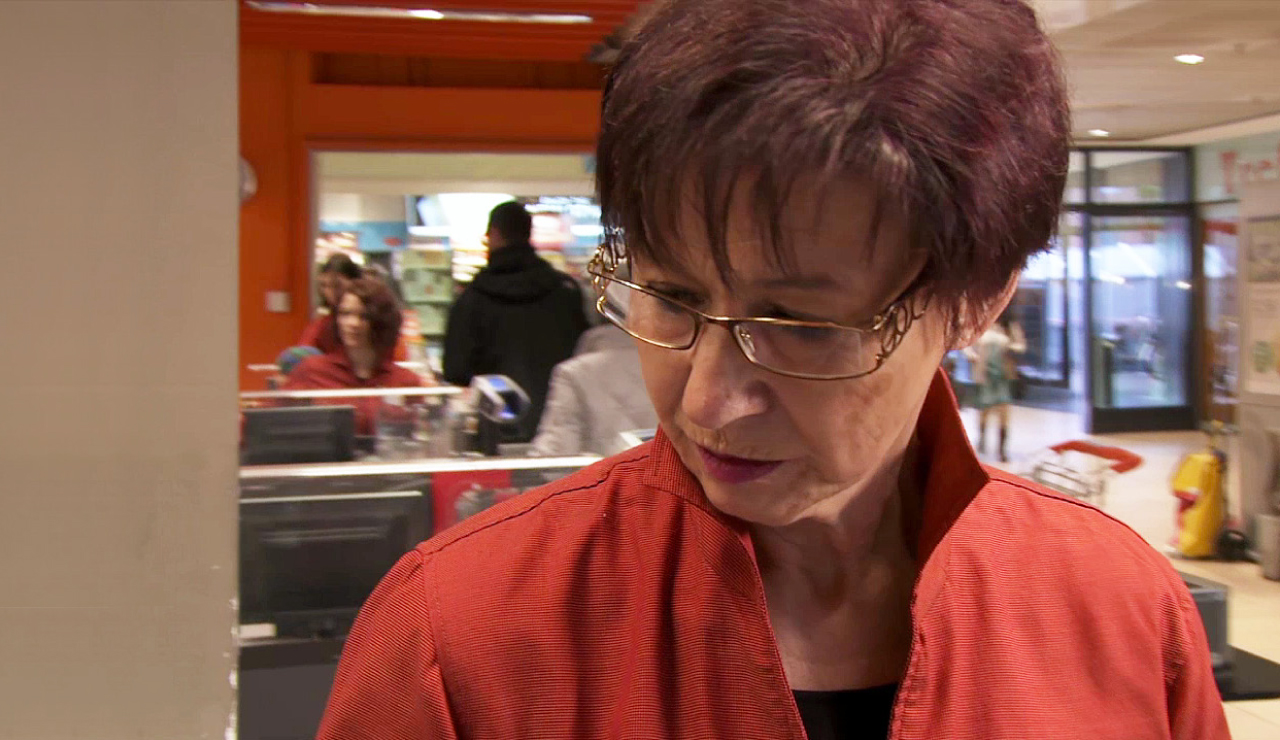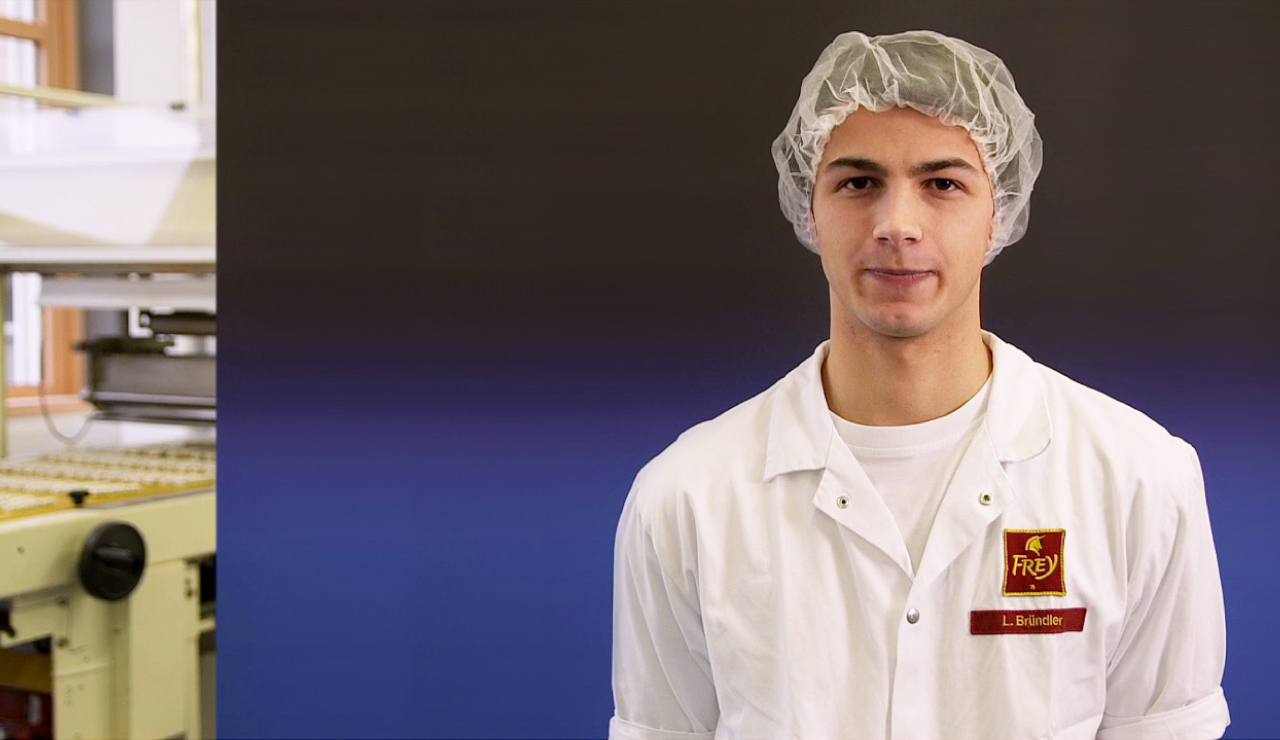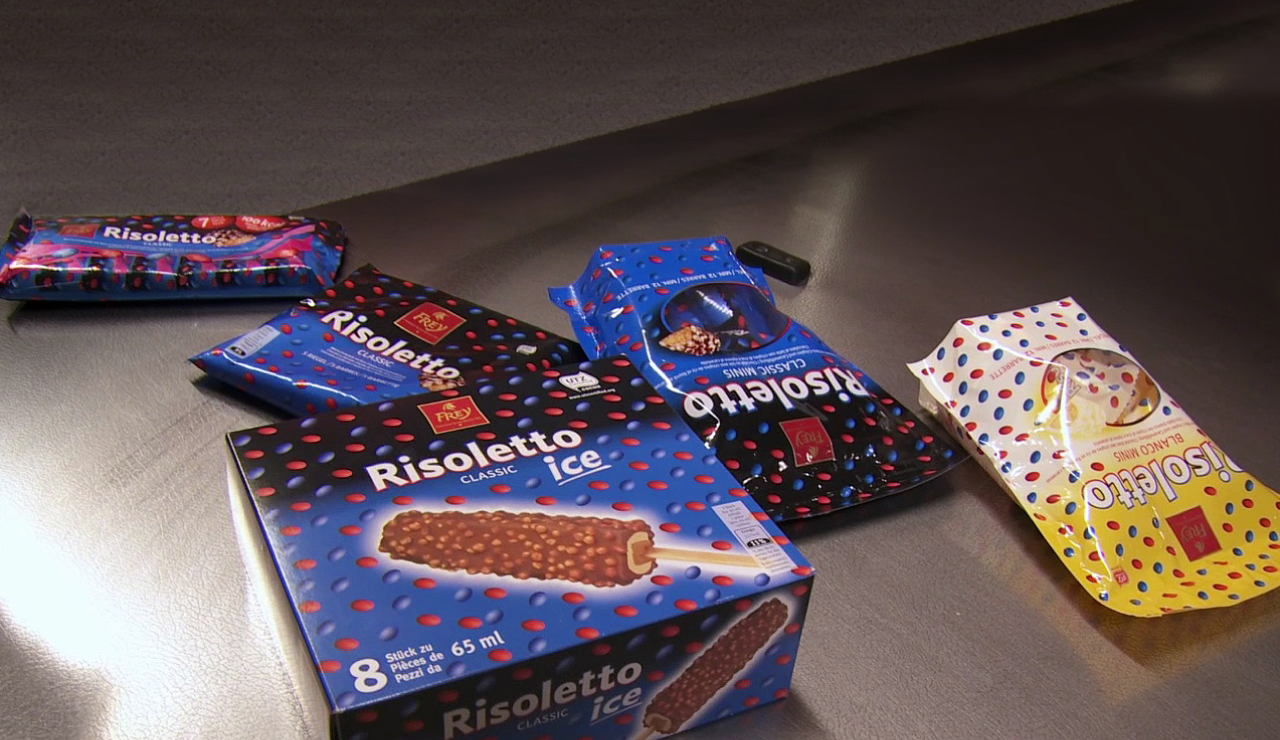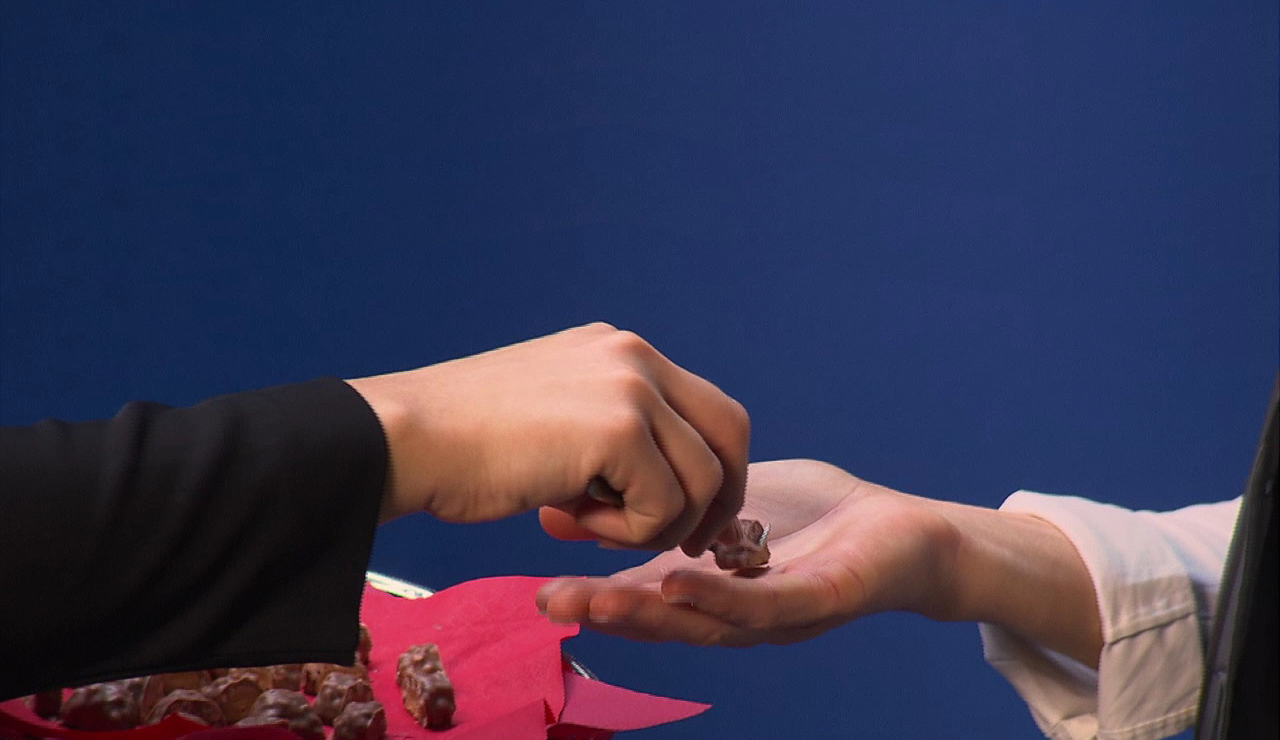Support and educate suppliers
In 2013 Migros made an even bigger commitment to empowering its suppliers, especially those in the Far East, to implement social and ecological standards.
Migros wants to be certain that its products are made in the most environmentally friendly way and under humane conditions. To achieve this, it focuses on global production standards, cooperative initiatives and a code of conduct with minimum social requirements. It regularly checks whether the producers conform to the requirements regarding social and environmental acceptability. Furthermore, all suppliers of the Migros Group are subject to basic ecological and social requirements in the area of procurement.
BSCI Code of Conduct
As a founding member of the Business Social Compliance Initiative (BSCI), Migros demands minimum social requirements pursuant to the BSCI Code of Conduct, or equivalent requirements, from all suppliers. Migros is also committed to the Global Social Compliance Programme (GSCP). The GSCP is a multi-stakeholder initiative that aims to harmonise standards and initiatives in the areas of society and the environment. At the end of 2013, 549 supplier companies of the Migros Group were included in the BSCI process, which involves independent experts conducting regular inspections. In 2013 audits were conducted at 206 suppliers, more than half of which in China. 29% performed well; 29% of the audited suppliers did not meet some of the requirements and still need to rectify minor faults; 42% failed to meet some or several basic requirements. These figures are within the sector average.
Chart on results of the BSCI audit
Supporting business partners
In addition to performing inspections, Migros also helps its business partners to implement standards. Over the past years, it has offered an increasing number of training and education courses for suppliers in factories and agricultural businesses.
Migros has been operating its own offices in Hong Kong since 1995, in Shanghai since 2005 and in Gurgaon (India) since 2013. Employees work locally with the producers to help them implement their social standards. The GSCP and the Better Work Programme of the ILO are also geared towards empowering the suppliers. In 2013 two supplier companies from the focus region of Southeast Asia took part in a Better Work pilot project. The GSCP held workshops in China in the reporting year. Migros aims to improve the working conditions of 75'000 employees in supplier companies by 2015. In 2013 it already reached 25'392 people through training, courses or programmes.
Improving safety together
In Bangladesh, employees die every year due to inadequate building safety. More than 1000 employees lost their lives when a textile factory collapsed in the spring of 2013. Although none of its own suppliers were affected, Migros, as a BSCI member, still supports measures for stricter inspections, more unannounced audits and additional training. It has also introduced inspections by independent auditors at its suppliers, in the areas of building safety and fire safety. It continues to keep a close eye on the developments relating to the Accord on Fire and Building Safety in Bangladesh.
Obligations for producers of vegetables and tropical fruit
Almost all companies that supply Migros with fruit, vegetables, flowers and plants are certified according to an international standard for good agricultural practices (GlobalGAP) or an equivalent system. These standards contain requirements relating to cultivation, food safety and environmental protection. The more recent standard Global GAP-GRASP (Global GAP Risk Assessment on Social Practice) also obligates agricultural businesses to ensure appropriate working conditions. GRASP applies in regions where working conditions are often inadequate. At the end of 2013, all 1000 suppliers and small-scale farmers in Italy, as well as in the Spanish provinces of Huelva, Murcia and Almeria, were included in the GRASP process. These will be followed by other regions such as Greece.


